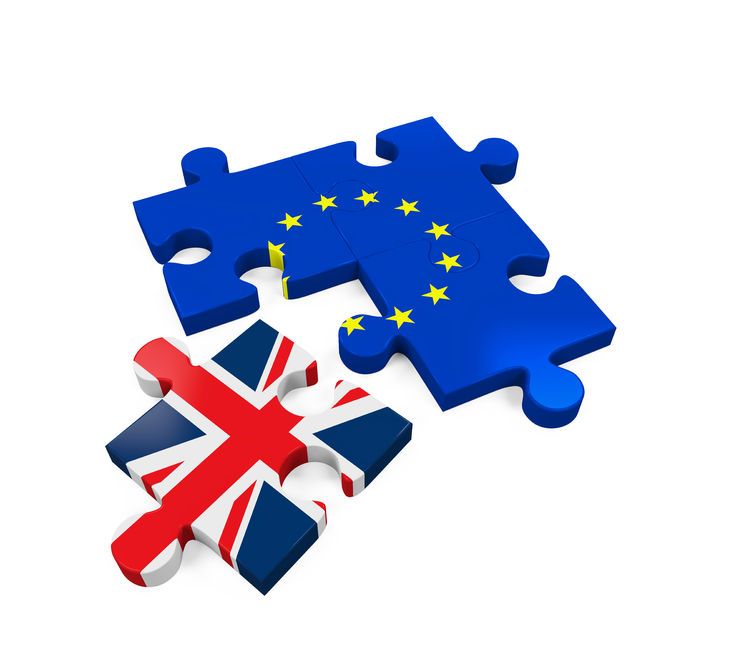Overview
As U.S. businesses expand their world-wide sales and operations, they increasingly seek trademark and patent protection for their intellectual property assets in other jurisdictions outside the United States, including Europe. Since filing trademark and patent applications directly through foreign counsel in each of the many European nations can be expensive and cumbersome, many applicants opt for Europe-wide filings. How will Brexit, namely, the United Kingdom’s exit from the European Union, influence filing strategies for IP protections in Europe?
Trademarks
With respect to trademarks, cost savings over direct country filings are afforded through European Union (EU) trademark applications, or European Union designations under International Registrations filed through the U.S. Patent and Trademark Office pursuant to the Madrid Protocol. EU registration covers all of the EU member nations, including currently the United Kingdom (UK). Until the official exit, EU registrations should continue to be enforceable in the UK. After the UK’s projected exit date of March 29, 2019, EU registrations will no longer provide UK protection.
After the UK’s exit from the EU, commentators predict that EU registrations will be entered by UK authorities in  the UK trademark registry with the same scope of protection, registration date, priority and seniority as the corresponding EU registration. This result accords with a EU Commission position paper issued on September 6, 2017, advising that all intellectual property rights within the EU granted before the UK exit date should be recognized as enforceable in the UK after Brexit. Although the UK has not yet formally addressed this issue, its European Union (Withdrawal) Bill proposes that EU law directly affecting the UK (including EU trademark law) form part of UK law after Brexit. It is expected that new UK legislation will clarify these issues soon after Brexit.
the UK trademark registry with the same scope of protection, registration date, priority and seniority as the corresponding EU registration. This result accords with a EU Commission position paper issued on September 6, 2017, advising that all intellectual property rights within the EU granted before the UK exit date should be recognized as enforceable in the UK after Brexit. Although the UK has not yet formally addressed this issue, its European Union (Withdrawal) Bill proposes that EU law directly affecting the UK (including EU trademark law) form part of UK law after Brexit. It is expected that new UK legislation will clarify these issues soon after Brexit.
Patents
Currently, patent applicants seeking protection in Europe can generally choose between filing national applications in individual European countries or a centralized filing with the European Patent Office (EPO), often in the context of initiating EPO processing of an international application under the Patent Cooperation Treaty. The EPO examines patents pursuant to the European Patent Convention (EPC), which is an international agreement between thirty-eight contracting states, including, but not limited to, all EU members.
Recommendations
Trademark applicants should proceed as usual in filing EU trademark applications or EU designations under the Madrid Protocol where protections are desired throughout Europe. Based on current expectations, separate UK applications should not generally be required at this time. However, in some instances, a cautious approach may advise filing a separate application in the UK - for example, where trademark litigation is anticipated or it appears that EU registration is not likely to issue before Brexit. Patent filing strategies should not change, since the UK’s membership in the European Patent Convention will not be affected by Brexit.
